Estate Paperwork: How to Request Documents Simply

Understanding and navigating the complexities of estate paperwork can be a daunting task, especially when you're dealing with the sensitive period following the loss of a loved one. Whether you're an executor, heir, or just someone trying to get documents for personal matters related to estates, knowing how to request estate documents efficiently can save you time and frustration. Here’s a step-by-step guide to simplify the process.
Understanding What You Need
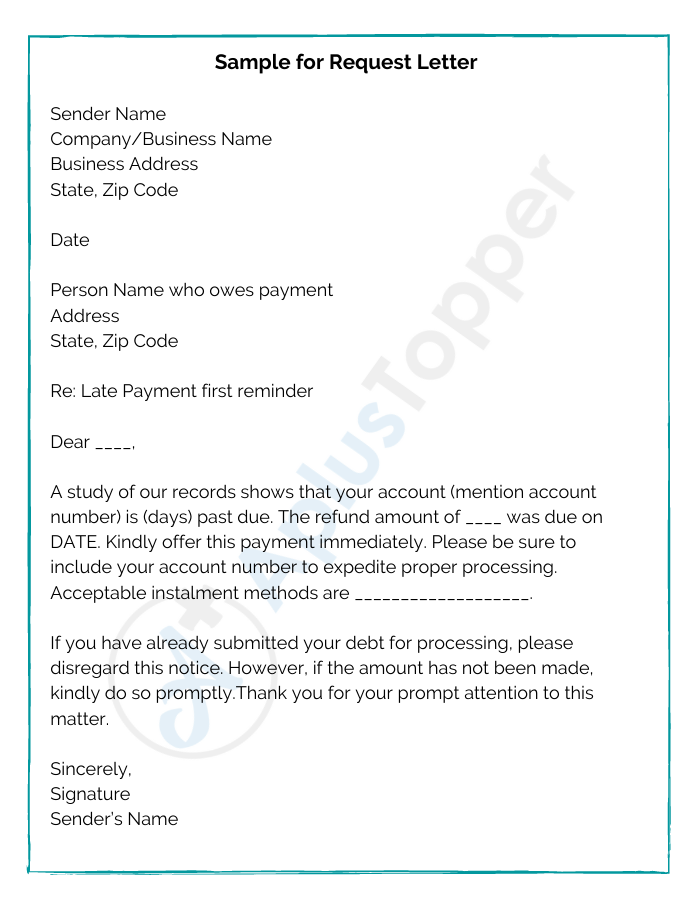
Before you start requesting documents, it’s important to identify exactly what you need:
- Will - The last will and testament dictates how the estate will be distributed.
- Death Certificate - A fundamental document for all estate proceedings.
- Letters of Administration or Letters Testamentary - These grant the executor the legal authority to handle estate matters.
- Probate Court Documents - Records of proceedings, will filings, and related paperwork.
- Real Property Deeds - Documents showing ownership of land or property.
- Financial Statements - Accounts, investments, and debts associated with the estate.
Where to Request Documents
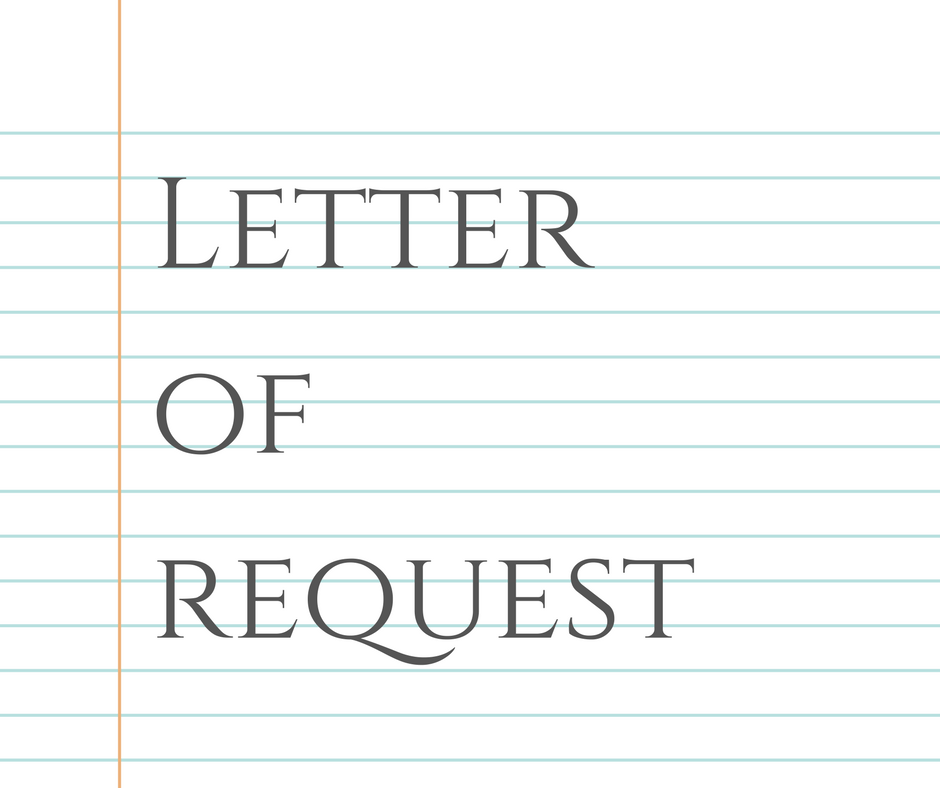
Depending on the type of document you need:
- Probate Court - For wills, letters, and court documents.
- Local Government Offices - For land deeds or death certificates.
- Financial Institutions - For statements related to the deceased’s financial holdings.
How to Request Documents

1. Identify the Proper Authority
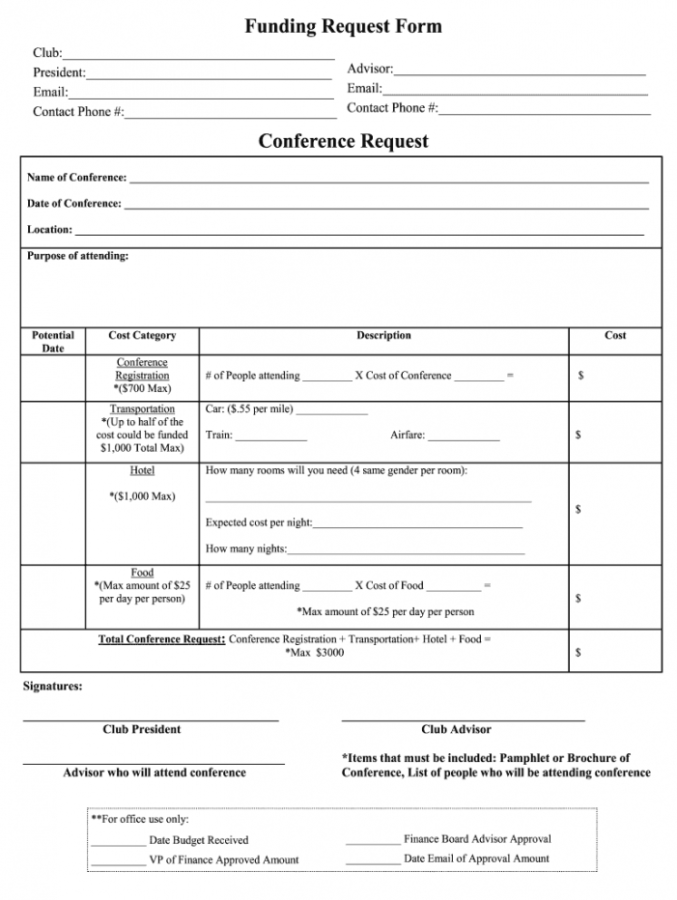
Check where the documents are filed or stored. If it’s a probate matter, contact the court in the county where the decedent passed away. For real property, look at the local recorder’s office.
2. Prepare Documentation
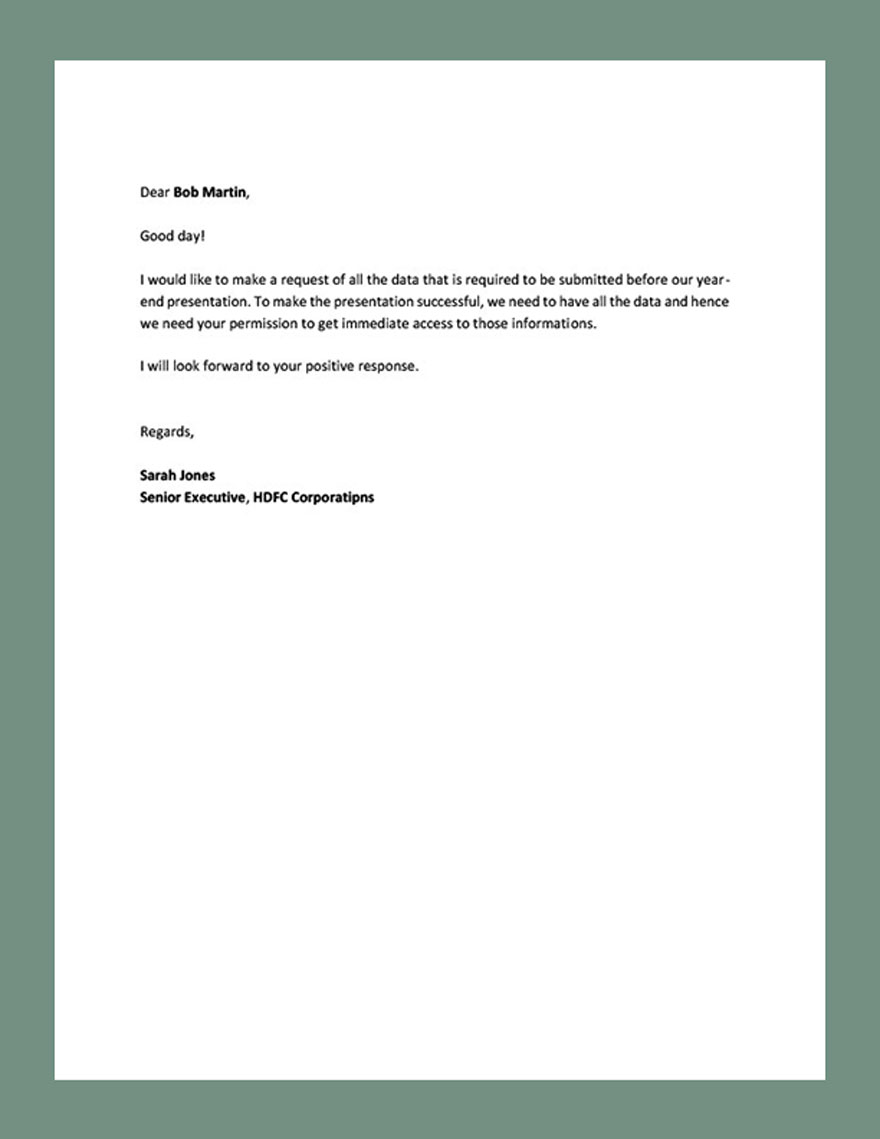
You’ll need:
- Your own identification
- Evidence of your right to request documents (letters of administration, for example)
- If relevant, a copy of the death certificate
3. Make Your Request

- In Person - Visiting the respective office can expedite the process. Bring all required documents and fill out any necessary forms on the spot.
- By Mail - If you prefer or need to mail your request, include a self-addressed, stamped envelope for their response. Clearly outline what you need in your letter.
- Online - Some offices offer online request services. Ensure to fill out forms completely and attach scans of all documents.
4. Fees and Payment

Be prepared to pay fees for copies or services. Probate courts, for example, often charge per page for copies. Payment can usually be made by cash, check, or credit card, depending on the office’s policy.
5. Follow Up
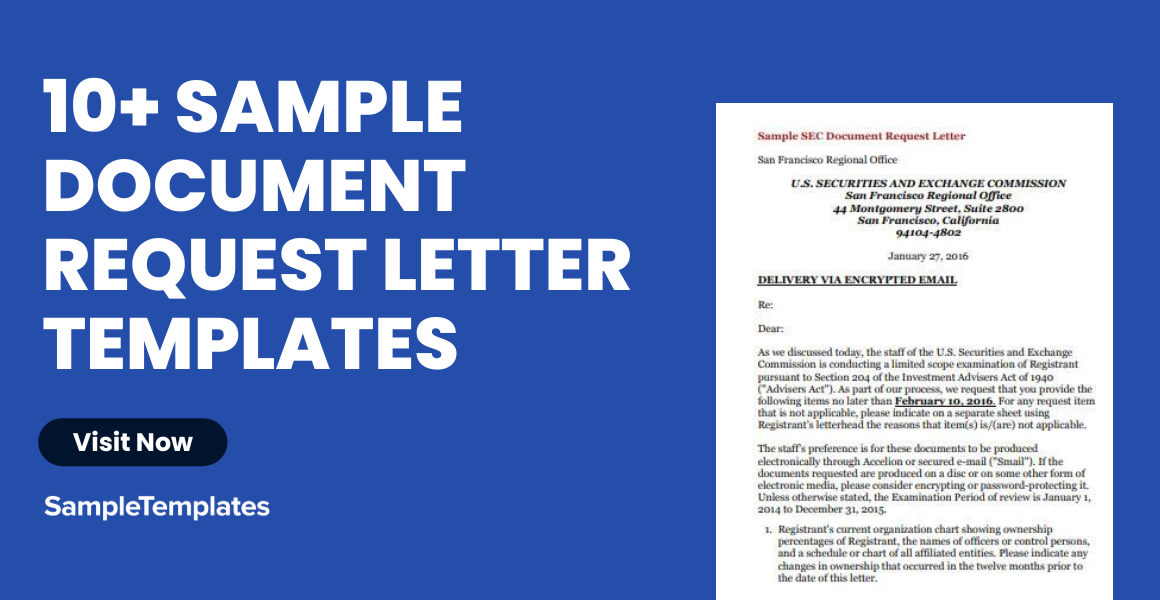
Be patient but proactive:
- Set reminders to follow up on your request after the estimated processing time.
- If online, check for any status updates on the service’s portal.
📌 Note: Make sure you keep records of all requests, receipts, and correspondence for your records.
To streamline the process, here is a table that might help you organize your thoughts:
| Document | Where to Get | Estimated Time | Possible Fees |
|---|---|---|---|
| Will | Probate Court | 1-3 days | $10-$20 per copy |
| Death Certificate | Vital Records Office | 2-5 days | $20-$35 per copy |
| Letters Testamentary | Probate Court | 1-3 days | $10-$25 |
| Financial Statements | Financial Institutions | Varies | None - Variable |
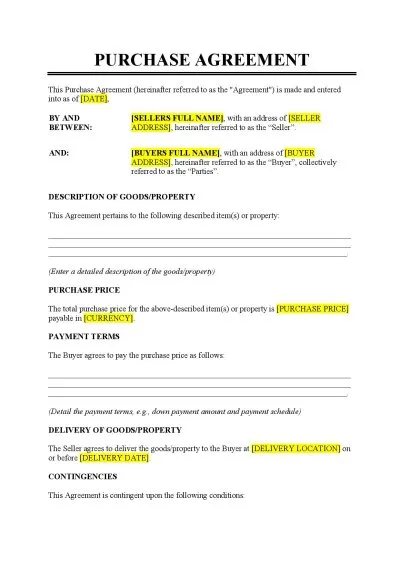
In closing, while the process of requesting estate documents might seem overwhelming, breaking it down into manageable steps and understanding the necessary requirements can make it much more straightforward. By following this guide, you'll be equipped to handle estate paperwork with confidence, ensuring you have all the necessary documents to proceed with estate administration, property transfers, or other important tasks related to the estate.
What do I do if I’m not the executor but need estate documents?
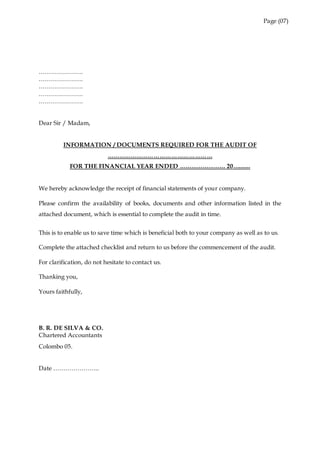
+
Even if you’re not the executor, you might still have the legal standing to request documents. This would typically involve obtaining permission from the executor, providing evidence of your relationship to the deceased, or sometimes going through legal representation.
How long does the probate process take?
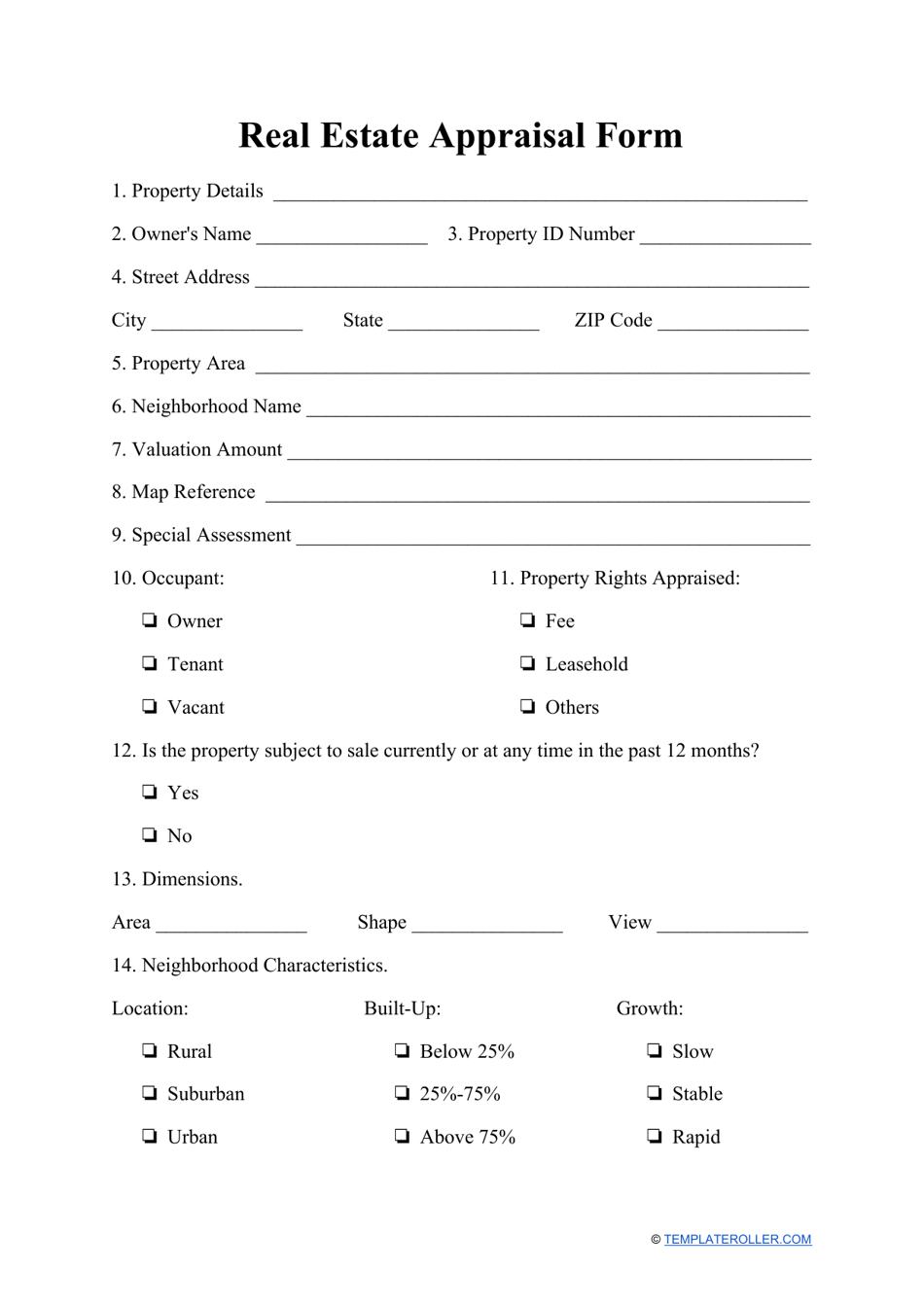
+
The duration of probate varies significantly by state and complexity of the estate, but generally, it takes anywhere from 6 months to over a year.
Are there alternatives to probate?
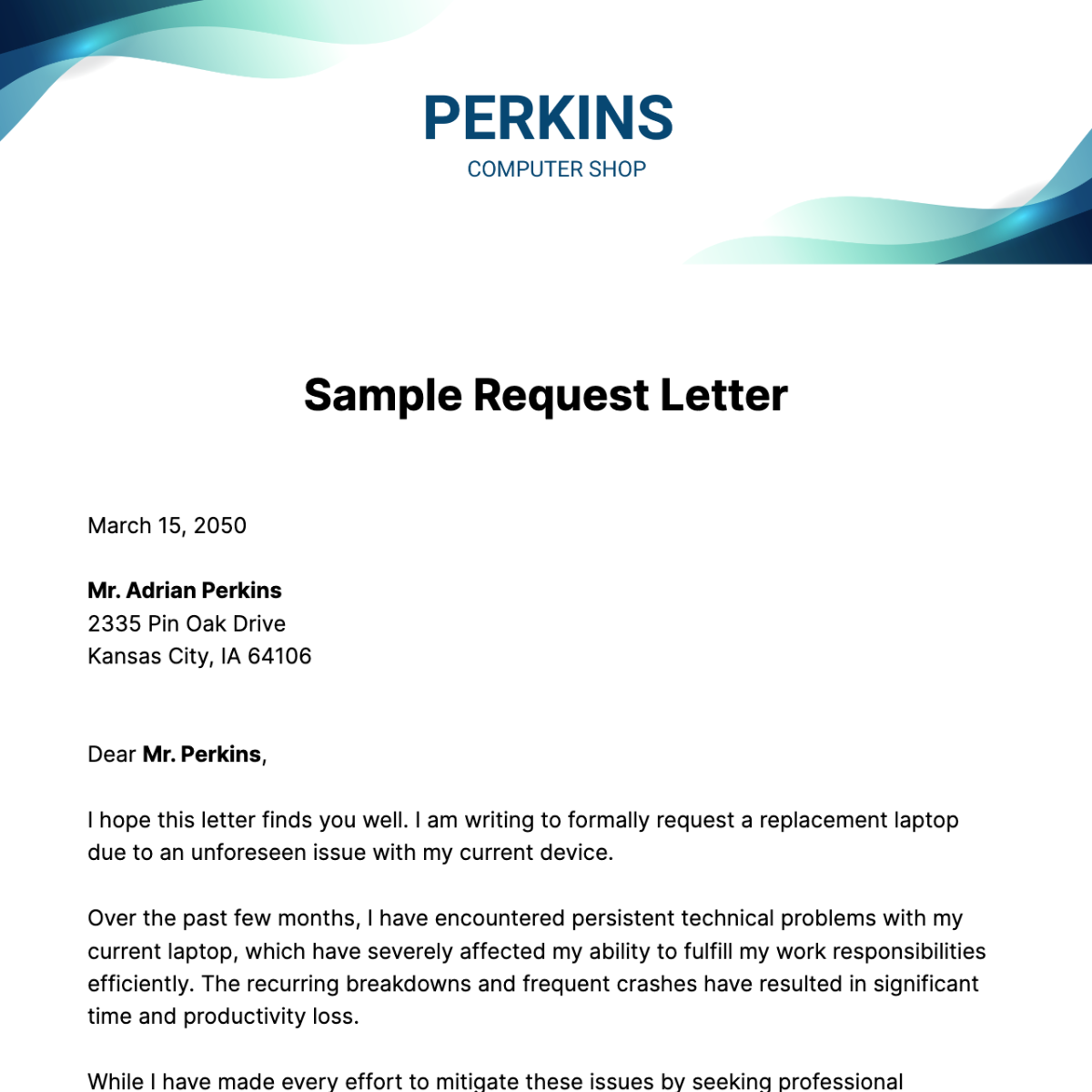
+
Yes, options like living trusts, joint ownership with right of survivorship, or payable-on-death accounts can transfer assets outside of probate.